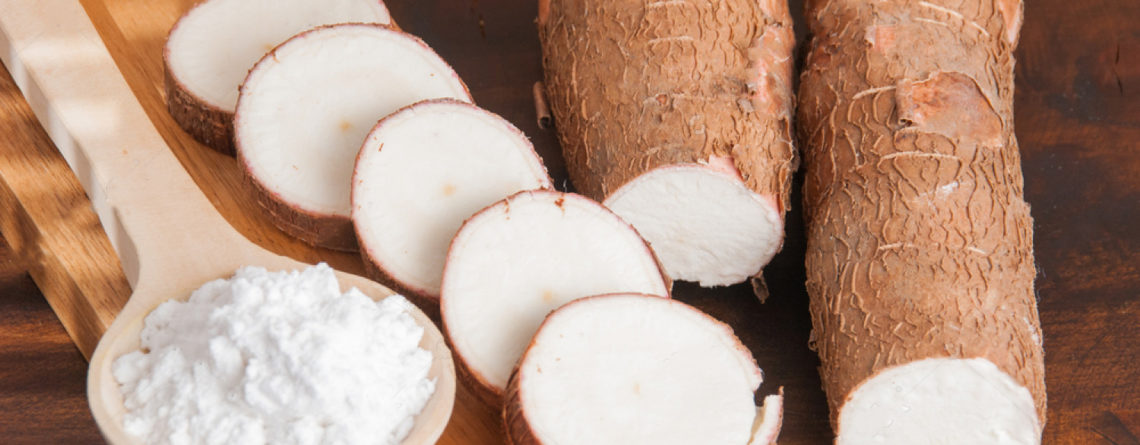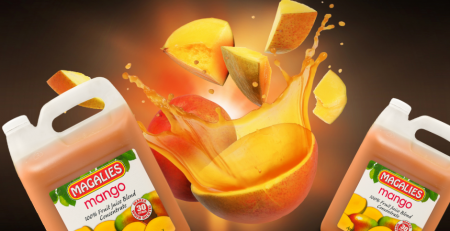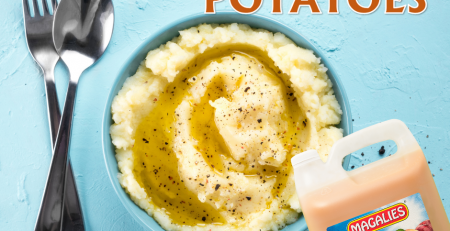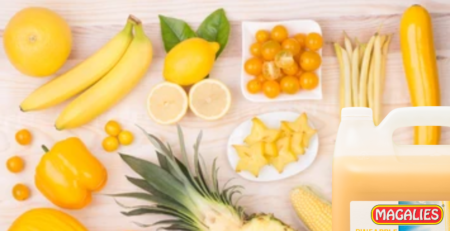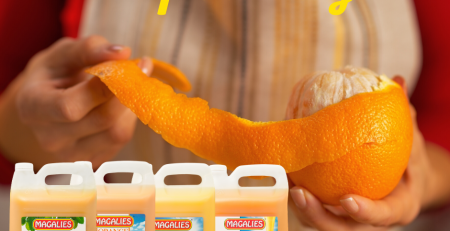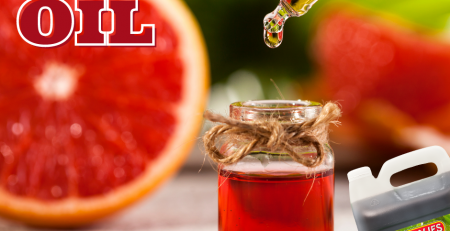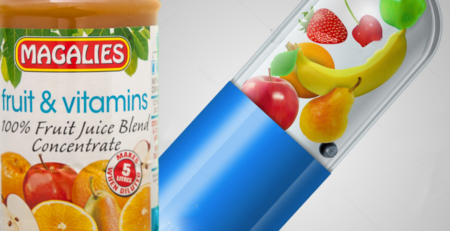“Y” is for Yuca!
by Dr. Marli Botha
Yuca root (joo-kah), also referred to as Cassava, is a starchy tubular root like a potato, and is not to be confused with yucca (yuck-ah), which is an unrelated fruit-bearing shrub. Believe it or not, this is where we get tapioca: the cassava root is dried and ground to a powder to make tapioca. Yes, that tapioca pudding or bubble tea all started with yuca! Other names for cassava or yuca are Brazilian arrowroot and manioc.
- Yuca Root is the third-largest source of food carbohydrates in the tropics, after rice and maize. It is a major staple food in the developing world, providing a basic diet for over half a billion people. It is one of the most drought-tolerant crops, capable of growing on marginal soils. Nigeria is the world’s largest producer of cassava.
- Judging by its brown bottle packaging, Mozambique’s Impala beer looks just like any other beer on the market. Not until you have smelt it will you realise it has an unmistakably mysterious taste. Although it is brewed like a typical beer, Mozambique’s Impala Beer is made from the juca root. In Mozambique and Ghana, DADTCO has partnered one of the world’s largest breweries, to create cassava beer. This has replaced the popular ingredient, malted barley with cassava cake.
- In many countries, significant research has begun to evaluate the use of cassava as an ethanol biofuel feedstock.
- Tapioca is a starch extracted from the yuca plant. Although tapioca is a staple food for millions of people in tropical countries, it provides only carbohydrate food value, and is low in protein, vitamins and minerals. In other countries, it is used as a thickening agent in various manufactured foods.
- Tapioca balls, also known as boba in some cultures, are produced by passing the moist starch through a sieve under pressure. Pearl tapioca is a common ingredient in South, East and Southeast Asian desserts such as falooda, kolak, sago soup, and in sweet drinks such as bubble tea, fruit slush and taho, where they provide a chewy contrast to the sweetness and smooth texture of the drink. Small pearls are preferred for use in puddings and sometimes referred to as sago.
- Manioc is a starchy powder that is made from the yucca root and is used in a number of commercially available laundry products, especially as starch for shirts and other garments. Using manioc starch diluted in water and spraying it over fabrics before ironing helps stiffen collars.
- It must be properly prepared before consumption, as improper preparation of cassava can leave enough residual cyanide to cause acute cyanide intoxication, goiters, and even ataxia, partial paralysis, or death. The more toxic varieties of cassava are a fall-back resource (a “food security crop”) in times of famine or food insecurity in some places. Farmers often prefer the bitter varieties because they deter pests, animals, and thieves.

